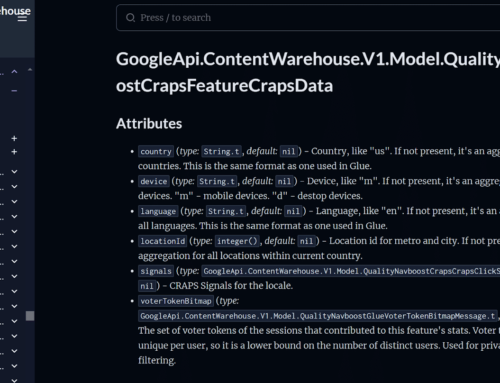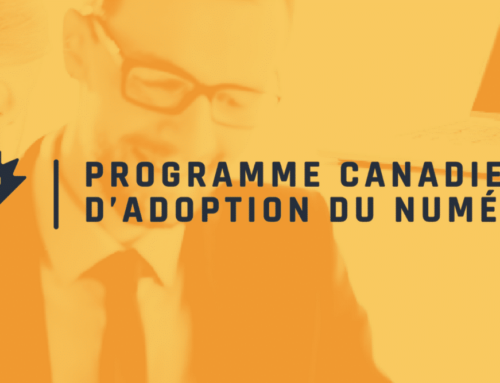With the growing number of digital publishers, more and more channels and content are vying for your audience’s attention. A good title is arguably the most effective way to break the noise, but what’s in a title that forces readers to click,
read
and share?
We decided to take a new approach to looking at what’s underperforming to see if we could discover patterns that should be avoided (i.e. specific words that bring in small shares, etc.).
We analyzed the data to determine discrepancies in where the articles were shared as well as unique speech patterns. Here are three best practices that will help you optimize your title’s ability to earn shares, and SEO
impacts.
1. Make sure your content is easily shared across multiple social networks, especially Pinterest.
There’s no denying the power of Facebook and its role in high shares: it gained nearly 5 million shares for all the combined stocks we reviewed. Without the social network, eight of the ten worst-performing titles received more than 90% fewer shares. However, an effective outreach strategy should not rely on a single social network. So where can you earn extra shares? After eliminating Facebook, Pinterest became the new power plant.
When we compared all the tracks with a minimum of 10 recordings, X Disney And X Charts have earned more than 4,000 shares via Pinterest while All The a earned more than 10,000 shares through the social platform, nearly 975% more than some of the highest Twitter shares.

2. Avoid presenting your title as a question.
It’s easy to see why authors use questions as titles: they promise readers that they will find the answer if they read the article. However, our research indicates that readers prefer to know some sort of answer before reading your content.
After comparing all question titles to the 15 most shared titles, our results revealed that questions earned 24,951 shares per article, while no-question titles won %. 83,475, an increase of nearly 110%.
In addition, Are You was one of the worst performing stocks in the data set and was on almost every lowest performing list we created. It ranked third for the fewest shares, earning just over 14,000 shares per item. Further analysis revealed the following:
- Are you earned a single share per article on LinkedIn.
- The title was one of the top 10 underperforming titles for three social networks – Facebook, Google+ and LinkedIn.
- Without Facebook, it became the second worst-performing title in the dataset, earning just 365 shares per article.
3. Use general rather than specific terms (for example, “vacation” instead of “Christmas”) to optimize sharing.
Some of our most interesting ideas came when we looked at speech patterns. When we looked at the top five three-word combinations for the top 10 underperforming titles as well as the most popular two-word groups, our results indicated that readers prefer more general terms to specific terms. More specifically:
- Mentions of particular holidays, including Christmas and Valentine’s Day, were frequently found in low-performing three-word combinations for X GIF and X Gifts.
- Nearly 40% of the most common two-word groups specifically answered the questions.
- Although the Internet (and especially BuzzFeed) may seem like a lot of cats and celebrities, Cats Who and Taylor Swift were two of the most frequently used two-word groups in titles that got low shares.
The biggest takeaway from our research? Securities matter: the 10 worst-performing stocks scored 415% less shares than the 10 most successful titles. Our research indicates that readers have a preference, so remember to avoid these worst practices if you want to create a headline that will have a significant impact on social traction.











Leave A Comment